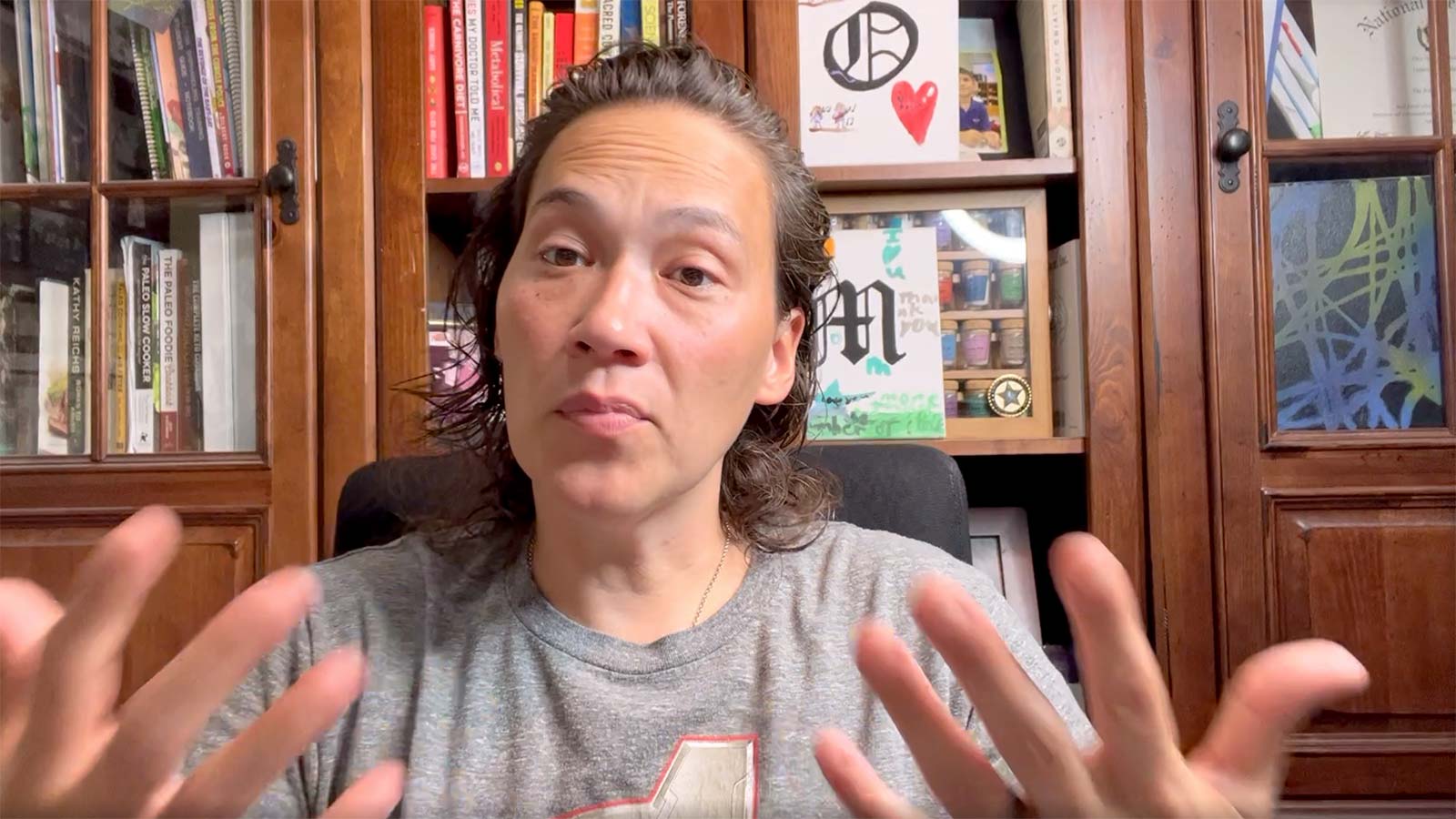The Case for Keto
Hey friends …
This week, I’m not actually sick, which is nice.
I’m grateful that I only get sick once or twice a year, rather than constantly, like years past.
I talk to people who get sick — then recover — and next month they sick again. That’s tough.
A friend of mine has that, a continuous cycle of getting ill. It’s been a rough couple of months for her.
She’s got a poor diet. She’s my age, and a busy mom with kids, juggling everything.
And you know, “Moms don’t get sick.”
Anywho, onto some book reviews …
(See my Top 10 Nutrition Books for Wellness, Energy, and Losing 100 Pounds for nutrition, diet, and healthy habits.)
This week, The Case for Keto. Gary Taubes is back!
The Case for Keto is an awesome book.
It’s similar to The Case Against Sugar, and it really digs into why a ketogenic diet works—and why it might work better than a calorie-restricted diet.
The book dives into the science of ketosis, metabolic pathways, and ketones. It’s all pretty technical, but Gary does an amazing job of making it accessible to everyone, not just people with a science background.
Just like with his other books, he goes into the history of food science, nutrition research, and where things went wrong over time.
He even talks about scientific bullying—how certain scientific ideas were pushed because of pressure in the scientific community, and how that’s shaped mainstream beliefs about health and food. It’s fascinating, if a little depressing.
Gary Taubes is a rock star in this space. I’m a huge fan of his work.
Let me explain a little about ketosis, from someone who has lost 100 pounds.
Alright, so ketosis is when your body starts burning fat for fuel instead of carbs.
Everyone has fat cells, which are basically stored energy. When you’re in ketosis, those fat cells release fat into the bloodstream, and that fat is burned for energy. The liver then produces ketones, which your brain uses for energy—your brain actually loves ketones, it’s a super clean burning fuel for your brain.
Your body needs to create more mitochondria to burn fat for energy. Mitochondria are the powerhouses of your cells, responsible for energy production. Most people aren’t used to burning fat for energy, so their body doesn’t have as many mitochondria. This is why it can take a few weeks for your body to adjust, but once it does, you burn fat much more efficiently, and you feel more energized.
You can “get into ketosis when you eat fewer than 20 grams of carbs a day.” That low carb intake is the trigger for your body to enter ketosis. Basically, you ditch carbs completely, and few incidental ones sneak in.
Once you’re in, your body relies on stored fat as a stable energy source. It’s not like the energy from carbs that spikes and crashes—it’s much steadier.
And since your brain runs on ketones, you avoid brain fog, too.
Ketosis has some pretty neat benefits.
Let me hit on 10 good points from the book.
Burn fat, gain energy, feel darn good.
I’ll go point by point with my little adds …
Point 1: Carbs drive fat storage.
A hundred percent true. When you eat carbs, your body releases insulin, which is a hormone that stores energy. The more insulin in your bloodstream, the more fat gets stored. This is why high-carb diets can lead to fat storage.
Point 2: Insulin resistance (a problem that) matters.
Oh, definitely. Insulin resistance is when your cells stop responding to insulin properly, so your body ends up producing more of it. High insulin levels lead to all kinds of health problems, including increased fat storage. Insulin resistance is at the core of many chronic conditions.
Point 3: Keto normalizes metabolism.
This is because it stabilizes insulin levels, keto helps regulate hormones related to hunger and metabolism. There are no insulin spikes and crashes, so your body can process energy more steadily.
Point 4: Fat isn’t the enemy.
Dietary fat doesn’t cause obesity—excessive carbohydrates do.
When you eat carbs, they mess with your hunger hormones and cause insulin spikes. This makes you feel hungrier and leads to more overeating. On the other hand, fat doesn’t have the same effect. It’s a stable, energy-rich source that doesn’t wreak havoc on your hunger signaling.
Point 5: Protein is essential.
Sufficient protein intake prevents muscle loss while supporting metabolic health.
Yes, protein is crucial. It’s broken down into amino acids, which are the building blocks of your body. Adequate protein helps you maintain muscle mass, and muscle burns more energy, which supports a healthy metabolism. It also keeps you feeling full.
Point 6: Hunger decreases naturally on keto.
As you eat fewer carbs, your blood sugar and insulin levels stabilize, which reduces hunger. Also, the less stress you have, the less cortisol interferes with your hunger hormones.
Point 7: Exercise alone isn’t enough.
Exercise is great, but if you don’t get your diet right, it won’t be enough.
You can’t outwork a bad diet. Exercise may help you burn calories, but if your body is still insulin-resistant, the effects will be limited.
Point 8: Traditional guidelines are flawed.
Decades of low-fat dietary advice were based on weak science and have led to widespread obesity and diabetes.
Absolutely. A lot of the low-fat advice was based on bad science—and in some cases, corporate interests. The sugar industry had a huge influence on pushing the idea that fat was the problem, not sugar.
Point 9: Some people must stay keto.
Many need lifelong carbohydrate restriction to maintain health and weight.
Yes, some people are genetically more sensitive to carbs. For them, sticking to keto is necessary for maintaining their health and weight. Genetics may load the gun, but lifestyle pulls the trigger.
Point 10: Doctors misunderstand obesity.
Sadly.
Many doctors focus too much on calories in and calories out and ignore the role of insulin and metabolism in obesity. It’s a flawed approach that doesn’t address the root cause.
You’ll want to get into a state of ketosis for wellness.
I’ve tried so many diets, supplements, and food programs — all of them fail when it comes to improving my health except “keto.”
Gary’s book, The Case for Keto is a must read.
Who would benefit from reading this book?
Literally everyone.
Especially people who’ve tried everything and still haven’t seen results. If you’re stuck in the cycle of dieting without success, this book will shed light on why traditional methods don’t work.
It’s an eye-opener for anyone who wants to understand the science behind healthy weight management.

If you want to eat better, get stronger, and lose weight, then let’s talk. Request a call with me now.

